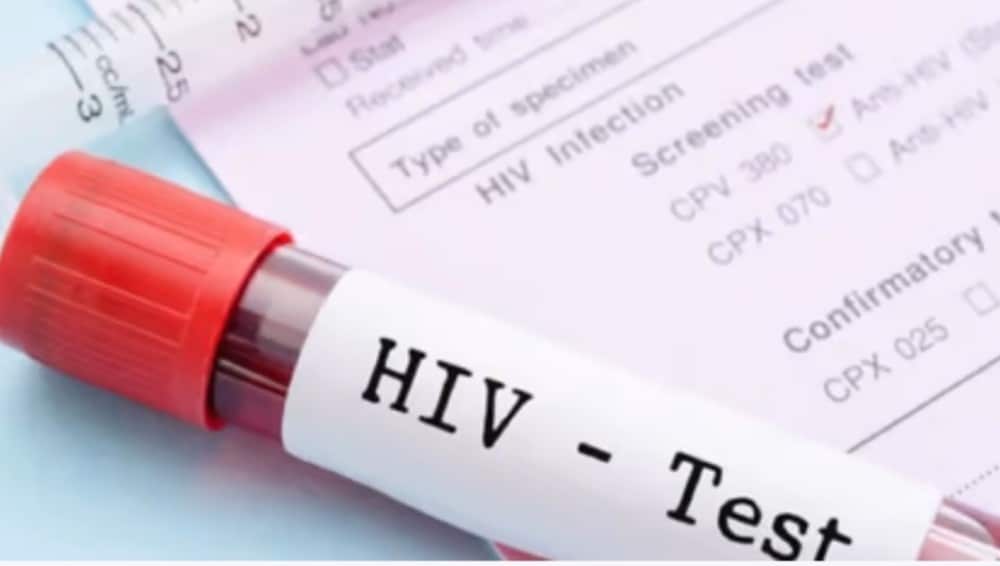HIV Self-Testing: A Game Changer in Mizoram

Mizoram, a picturesque state in northeastern India, is making headlines for its innovative approach to combat HIV/AIDS. Known for its stunning landscapes and tight-knit communities, Mizoram faces a significant public health challenge. It has the highest HIV prevalence in India, particularly affecting young adults. Traditional methods of HIV testing have fallen short due to stigma and logistical barriers. In response, the state has introduced HIV self-testing (HIVST), a groundbreaking method that empowers individuals to take charge of their health in the privacy of their homes.
Understanding the HIV Epidemic in Mizoram
Mizoram has consistently reported alarming rates of HIV infections, significantly higher than the national average. The primary modes of transmission include unprotected sex and intravenous drug use. Despite ongoing awareness campaigns, many individuals remain reluctant to get tested. This hesitance leads to delayed diagnoses and increases the risk of further transmission. The need for a new approach is clear—one that allows individuals to manage their health without the fear of stigma or logistical challenges.
HIV self-testing has emerged as a viable solution. This method enables individuals to test themselves using easy-to-use kits that require only a saliva or blood sample. Results are typically available within minutes. The introduction of HIVST in Mizoram has sparked hope in the fight against HIV. By allowing individuals to test in the comfort of their homes, HIVST addresses the stigma associated with traditional testing methods. It also bridges the logistical gap, making testing accessible even in remote areas where healthcare facilities are scarce.
The Benefits of HIV Self-Testing
HIV self-testing offers numerous advantages that can significantly impact public health in Mizoram. One of the most critical benefits is the reduction of stigma. Many individuals fear judgment or discrimination when seeking traditional testing. By allowing people to test privately, HIVST encourages more individuals to take the first step toward knowing their status.
Moreover, HIVST empowers individuals to take proactive steps in managing their health. If a person tests positive, they can seek professional medical advice and treatment without the anxiety of public scrutiny. This proactive approach can lead to earlier diagnoses and treatment, ultimately reducing transmission rates.
The convenience of HIV self-testing cannot be overstated. Individuals no longer need to travel long distances to healthcare centers, which can be a significant barrier, especially in rural areas. The ability to test at home ensures that even those in the most remote locations can access vital health services. This accessibility is crucial in a state where healthcare resources may be limited.
Government Initiatives and Future Directions
The Government of India has been actively working to combat the HIV/AIDS epidemic through various initiatives. One of the most significant efforts is the National AIDS and STD Control Programme (NACP) Phase-V. This program is fully funded by the government and aims to extend the national response to HIV/AIDS until the Financial Year 2025-26. It aligns with the United Nations’ Sustainable Development Goals, specifically targeting the end of the HIV/AIDS epidemic as a public health threat by 2030.
NACP Phase-V builds on previous initiatives, such as the HIV/AIDS Prevention and Control Act (2017) and the Test and Treat Policy. A key component of this phase is the establishment of Sampoorna Suraksha Kendras (SSK). These centers serve as single-window service points for individuals at risk of HIV and sexually transmitted infections (STIs). They provide a comprehensive set of services tailored to clients’ needs, ensuring strong linkages and referrals within the healthcare system.
In Mizoram, the Mizoram State AIDS Control Society (MSACS) has implemented several schemes for HIV/AIDS prevention and testing. These include mobile testing centers, counseling, and treatment options. The efforts of MSACS and the state government have garnered recognition from the United Nations Office on Drugs and Crime, particularly for their work in prisons.
Observer Voice is the one stop site for National, International news, Sports, Editor’s Choice, Art/culture contents, Quotes and much more. We also cover historical contents. Historical contents includes World History, Indian History, and what happened today. The website also covers Entertainment across the India and World.
Follow Us on Twitter, Instagram, Facebook, & LinkedIn

